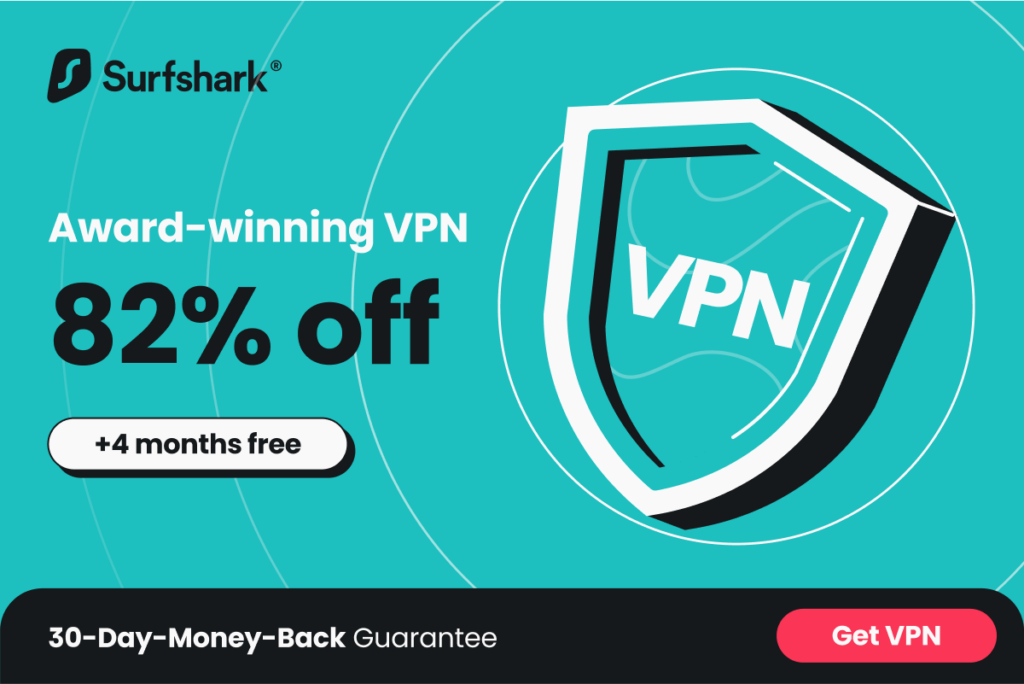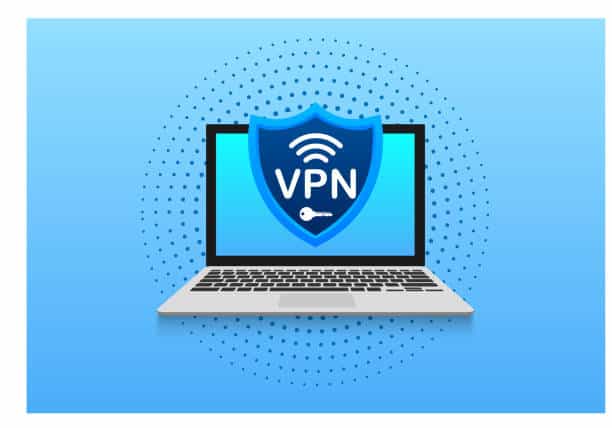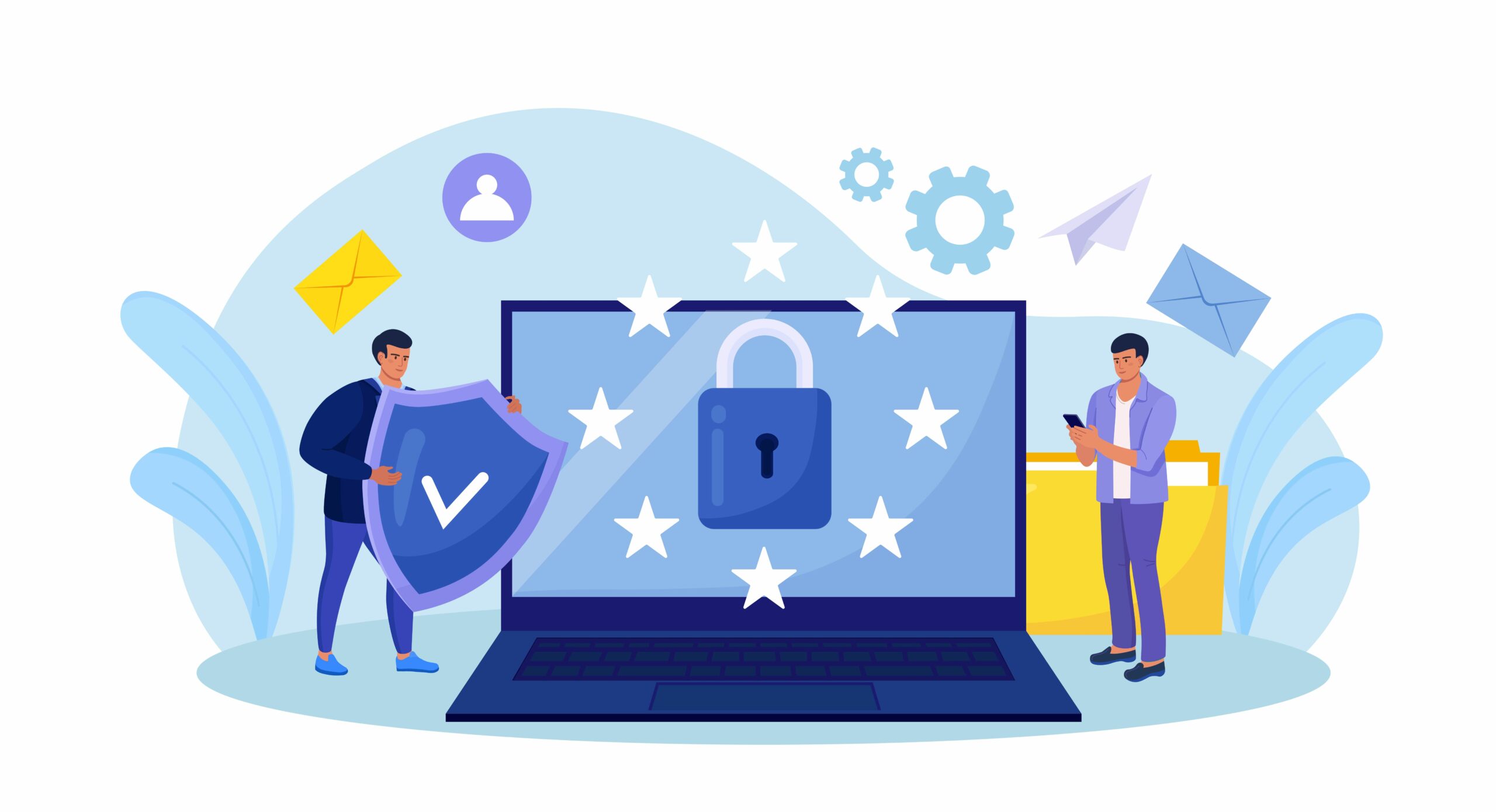In an era marked by heightened cybersecurity concerns and an increasing number of data breaches, preserving your online privacy is more crucial than ever. As an expert in digital security, I’m here to shed some light on one of the most powerful tools at your disposal for maintaining online anonymity: a Virtual Private Network, or VPN.
VPNs play a crucial role in enhancing our web safety and convenience, but it often begs the question: “Should I leave my VPN on all the time?” While the answer to this largely depends on your specific needs and online activities, let’s delve deeper into the key considerations and scenarios that warrant having your VPN continually active.
Key Moments to Keep Your VPN On
1. While Using Public WiFi
Public WiFi networks are notoriously insecure, making them a fertile hunting ground for hackers. About 33.92% of these networks lack encryption, leaving your data vulnerable to interception. A continually active VPN encrypts your data, shielding it from any prying eyes.
2. For Enhanced Online Privacy
If you value anonymity while surfing the internet, it’s recommended to keep your VPN switched on. VPNs employ robust encryption technologies that keep your data confidential and protect your online privacy.
3. When Transmitting Sensitive Data
Online banking and financial transactions are prime targets for hackers. Using a VPN all the time encrypts your internet traffic, thus protecting your sensitive information from potential security breaches.
4. During Online Shopping
Online shopping often involves entering your credit card or PayPal credentials. Keeping your VPN active ensures this data remains secure and away from any potential interference.
5. To Avoid Bandwidth Throttling
Internet Service Providers (ISPs) may sometimes slow down specific types of web traffic, such as streaming or gaming, to conserve bandwidth. With an active VPN, your ISP cannot see your activities and won’t throttle your traffic.
6. Circumventing Firewalls
If you’re aiming to bypass a firewall, you’ll need to have your VPN running at all times. Otherwise, your real IP address can be exposed, preventing you from bypassing the firewall.
7. Accessing Geo-restricted Content
An always-on VPN allows you to circumvent geographic restrictions and access content from anywhere in the world.
8. Torrenting Safely
If you reside in a country where torrenting is prohibited, always use a VPN when downloading torrents. This safeguards you from potential legal repercussions.
9. To Save Money
An active VPN can help you avoid online price discrimination, as websites cannot see your actual geolocation and adjust prices accordingly.
When should you turn off your VPN?

While a VPN is a powerful tool for securing your online activities, there are scenarios where you may need to switch it off. These include accessing local devices or content, or when you need to connect to local network hardware like a printer. Another reason is to increase internet speed, as using a VPN can slightly reduce your connection speed due to the distance to the server and the encryption process.
Which VPN Should I Use?
When choosing a VPN, prioritize top-notch security features, robust performance, a clear no-logging policy, and advanced security technologies. I strongly advise against using questionable free VPN services, which may sell your data or display ads containing malware. Some reliable options include:
Conclusion
In summary, a VPN is a potent and essential tool for safeguarding your online activities. In most scenarios, it’s prudent to have your VPN on most of the time, if not all the time, especially when accessing public WiFi hotspots or handling sensitive online transactions. However, there will be times when you need to temporarily disconnect your VPN, such as accessing local files or devices on your network.
Despite this, it’s important to remember that not all VPNs are created equal. Always choose a reliable, reputable VPN provider to ensure the best balance between security and performance.
Ultimately, the decision to keep your VPN on all the time depends on your unique needs and circumstances. My goal is to provide you with the information and insights you need to make an informed choice, ensuring you can navigate the digital world safely and securely.
Remember, staying safe online is not a one-time event but a continual process. So, whether you decide to keep your VPN on all the time or not, always prioritize your online security. Your privacy and personal data are worth protecting. Stay safe and browse wisely!




